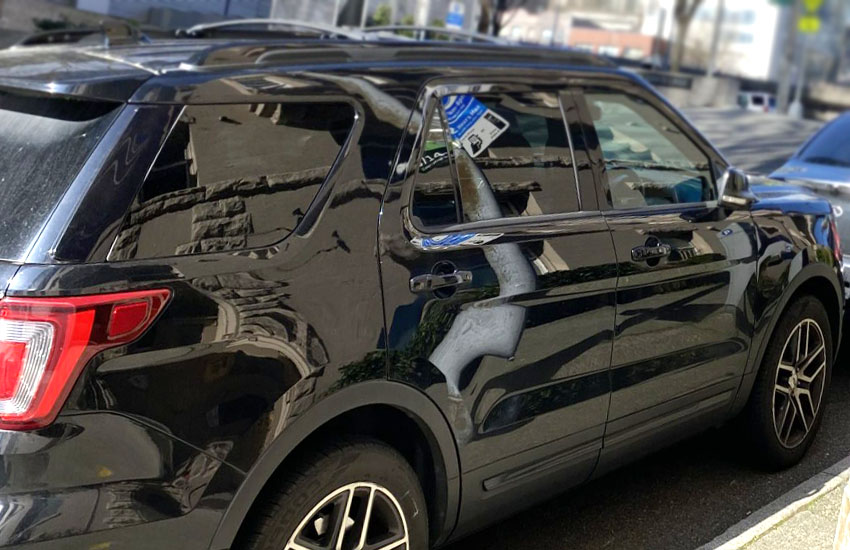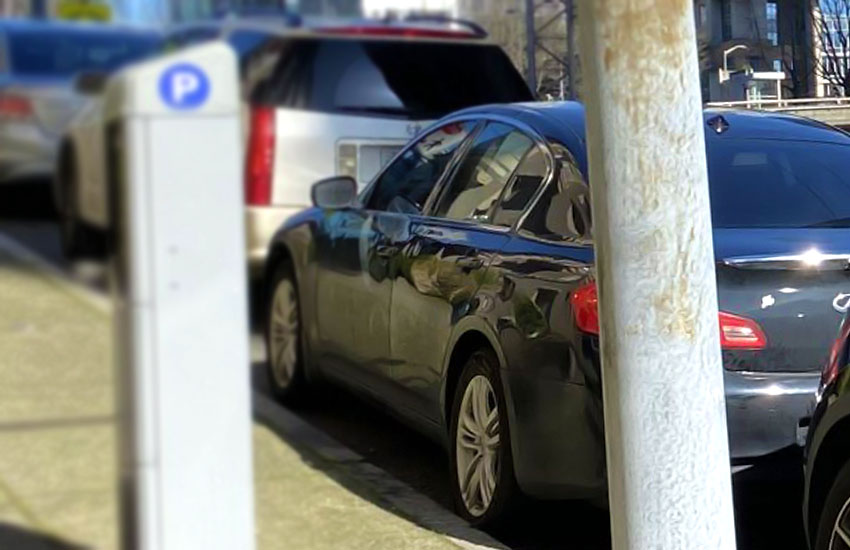You might find it frustrating when your car won’t start after it’s been parked in the sun. The heat can cause problems for your car, making it hard to start. High temperatures can affect the battery, fuel system, and other important parts.
If your car struggles to start after being in the sun, it’s good to know why. In this blog post, we’ll talk about why this happens and what you can do to fix it. We’ll cover some simple tips to help you avoid starting problems in the future.

Common Causes for Car Not Starting in the Sun
Battery Problems
When your car sits in the sun, the battery gets hot. Heat can make the battery work less well. It might not have enough power to start your car. High temperatures can also cause the battery fluid to evaporate, which makes the battery weaker.
Fuel System Issues
The fuel system can also be affected by the sun. When it’s very hot, the fuel in the tank can get too warm. Warm fuel can cause problems in the engine, making it hard for the car to start. Sometimes, heat can make the fuel pump and fuel lines work poorly.
Engine Components Overheating
The engine parts can get very hot if the car is parked in the sun. Overheating can cause parts like the starter motor and ignition system to fail. These parts need to stay cool to work properly. If they overheat, your car might not start.
Vapor Lock
Vapor lock happens when fuel in the fuel lines turns into vapor instead of liquid. Heat can cause this problem. When fuel turns into vapor, it can block the fuel flow. This makes it hard for the engine to start because it’s not getting enough fuel.
Electrical System Strain
The car’s electrical system can also be affected by the sun. Heat can make the wires and connections expand or become damaged. This can cause electrical problems that make starting the car difficult.
Keeping your car cool when parked in the sun is important. Try to park in the shade or use a sunshade to keep the interior cooler. This can help prevent these common problems and keep your car starting smoothly.
Steps to Take When Your Car Won’t Start Due to Heat
1. Check the Battery
When your car won’t start in the heat, the battery might be the problem. First, check if the battery is working. Look for any signs of damage or leaks. If you see any, the battery might need to be replaced. You can also try jump-starting the car with jumper cables. If the car starts, it’s likely that the battery was the issue. If it doesn’t start, the battery might need a professional check.
2. Let the Engine Cool Down
Sometimes, the engine gets too hot and needs a break. If you suspect the engine is overheating, let it cool down before trying to start it again. This can take about 30 minutes to an hour. During this time, make sure the engine is turned off and the car is parked in the shade if possible. Once it has cooled down, try starting the car again.
3. Check the Fuel System
The heat can affect your car’s fuel system. If the fuel gets too warm, it can cause starting issues. To check, make sure there is enough fuel in the tank. If the fuel level is low, fill it up with fresh fuel. If the problem persists, there might be an issue with the fuel pump or fuel lines. In this case, you might need to call a mechanic for a more detailed inspection.
4. Inspect the Starter Motor
The starter motor can be affected by high temperatures. If the starter motor is overheating, it might not work properly. Listen for any clicking sounds when you try to start the car. If you hear a click but the engine doesn’t turn over, the starter motor might be the problem. If you suspect an issue, you might need to get it checked or replaced by a mechanic.
5. Check for Vapor Lock
Vapor lock can occur when fuel in the lines turns into vapor due to heat. This can block the fuel flow and prevent the car from starting. To check for vapor lock, open the hood and look for any signs of fuel vapor or unusual smells. If you think vapor lock is the issue, let the car sit in a cooler area and try starting it again after a while.
6. Look at the Electrical System
Heat can also affect the car’s electrical system. Check all visible wires and connections for any signs of damage or wear. If you find any loose or damaged wires, this might be causing the problem. Sometimes, heat can cause electrical components to malfunction. If you’re not comfortable inspecting the electrical system yourself, it’s best to have a professional look at it.
7. Use a Car Sunshade
To prevent heat-related starting issues, use a sunshade when you park your car. A sunshade helps keep the interior and engine cooler. This simple step can help reduce the chances of heat causing starting problems.
8. Seek Professional Help
If you’ve tried these steps and your car still won’t start, it’s time to call a professional. A mechanic can diagnose the problem more accurately and provide a solution. They have the tools and expertise to handle more complex issues that might be causing the starting problems.
Taking these steps can help you handle starting problems caused by heat. By checking the battery, letting the engine cool down, inspecting the fuel system, and looking at other potential issues, you can troubleshoot and hopefully fix the problem. If all else fails, don’t hesitate to seek professional help to get your car back on the road.

Preventive Measures to Avoid Heat-Related Issues
1. Park in the Shade
One of the simplest ways to avoid heat-related issues is to park your car in the shade. If you have a garage, use it. If not, try to park under a tree or a shelter. This helps keep your car cooler and reduces the chances of problems caused by high temperatures.
2. Use a Sunshade
When parking outside, use a sunshade on your windshield. This keeps the interior cooler and helps protect your car’s dashboard and seats from sun damage. It also helps keep the engine bay a bit cooler, reducing heat-related issues.
3. Regularly Check the Battery
The battery can be affected by heat. Make it a habit to check the battery regularly. Look for any signs of corrosion or damage. If your battery is old, consider replacing it before the hot weather hits. A well-maintained battery is less likely to fail in high temperatures.
4. Maintain the Cooling System
Your car’s cooling system is crucial for preventing overheating. Regularly check the coolant level and ensure it’s topped up. Also, have the radiator and cooling system inspected during your regular maintenance checks. A properly functioning cooling system helps keep the engine at a safe temperature.
5. Keep the Fuel System in Check
Heat can affect the fuel system. Make sure your fuel tank is not too low, especially in hot weather. Keeping it at least a quarter full helps prevent vapor lock. Also, ensure that the fuel lines and pump are in good condition to avoid heat-related problems.
6. Inspect Engine Components
Regularly inspect key engine components like the starter motor and ignition system. If any parts are worn or damaged, replace them. Keeping these components in good condition helps prevent issues caused by high temperatures.
7. Use Engine Coolant Additives
Engine coolant additives can help improve your car’s cooling system performance. They can help protect against overheating and reduce the chances of heat-related issues. Check your owner’s manual for recommendations on which additives are suitable for your car.
8. Avoid Extreme Heat Exposure
Try to limit how long your car is exposed to extreme heat. If you know you’ll be parked in the sun for a long time, plan ahead. Use sunshades, park in the shade, or even consider using a car cover if you’ll be parked outside for an extended period.
9. Schedule Regular Maintenance
Regular maintenance is key to preventing heat-related problems. Schedule regular check-ups with your mechanic to ensure that all systems in your car are functioning properly. Regular maintenance helps catch potential issues early and keeps your car running smoothly in all conditions.
10. Keep Emergency Supplies
It’s a good idea to keep emergency supplies in your car, such as a basic tool kit, jumper cables, and coolant. If you do face a heat-related issue, having these supplies can help you handle minor problems and get back on the road faster.
By taking these preventive measures, you can reduce the risk of heat-related issues and keep your car in good shape even during the hottest months.
I hope this guide helps you fix your car starting issues when it’s parked in the sun. Remember to check the battery, starter, and connections. Keeping your car in a shaded area can also help. If problems continue, getting help from a mechanic might be a good idea. Stay safe and good luck!


